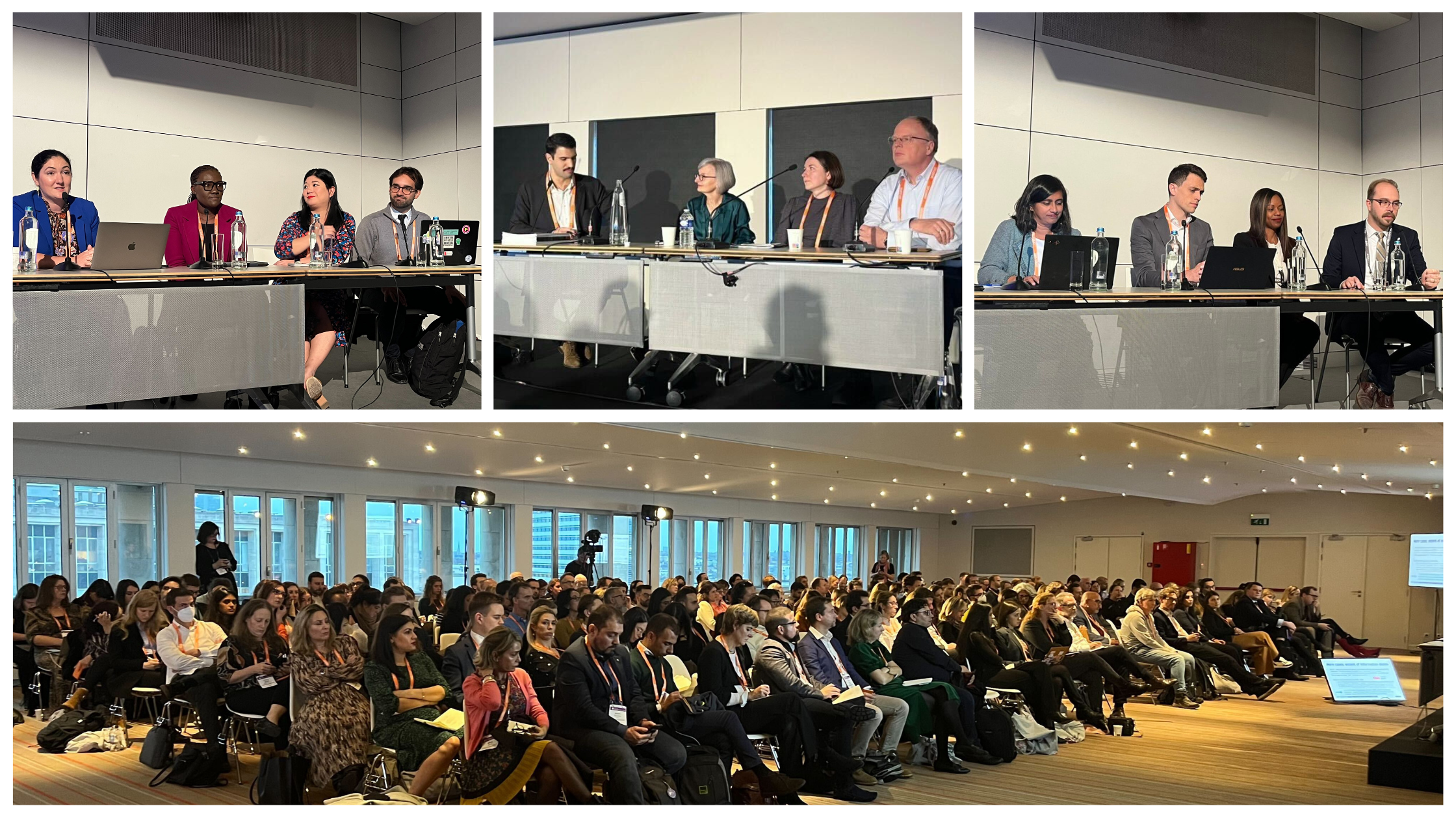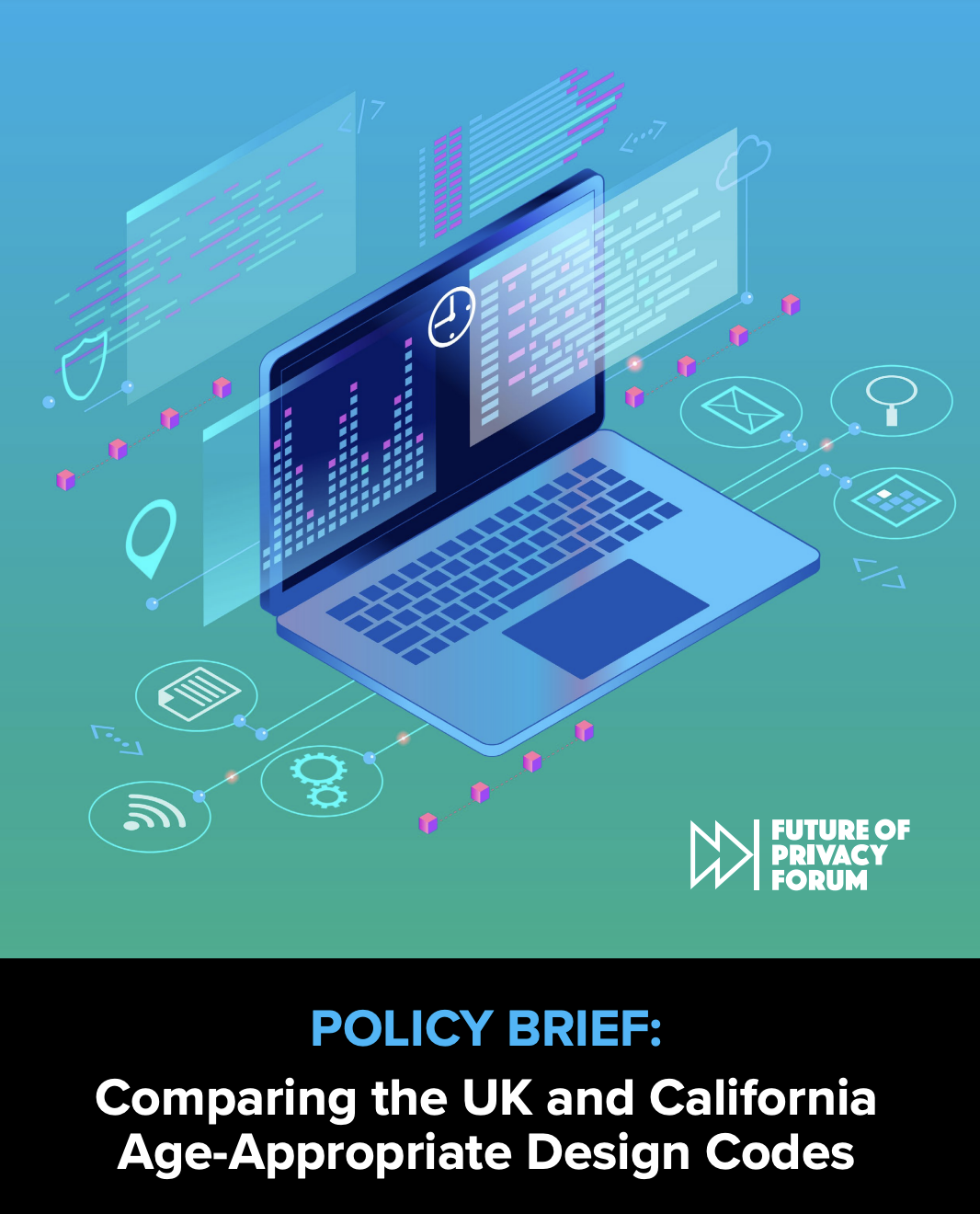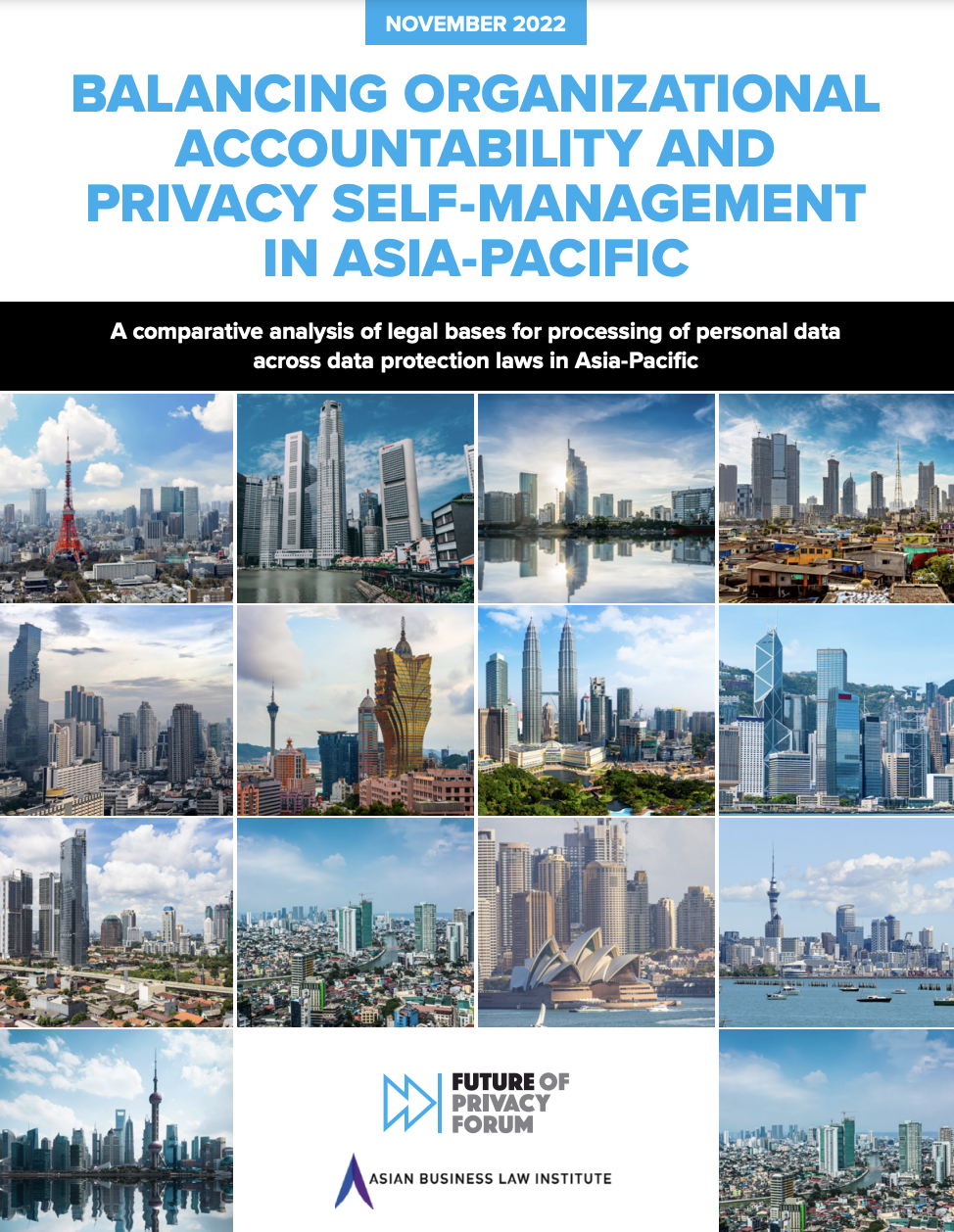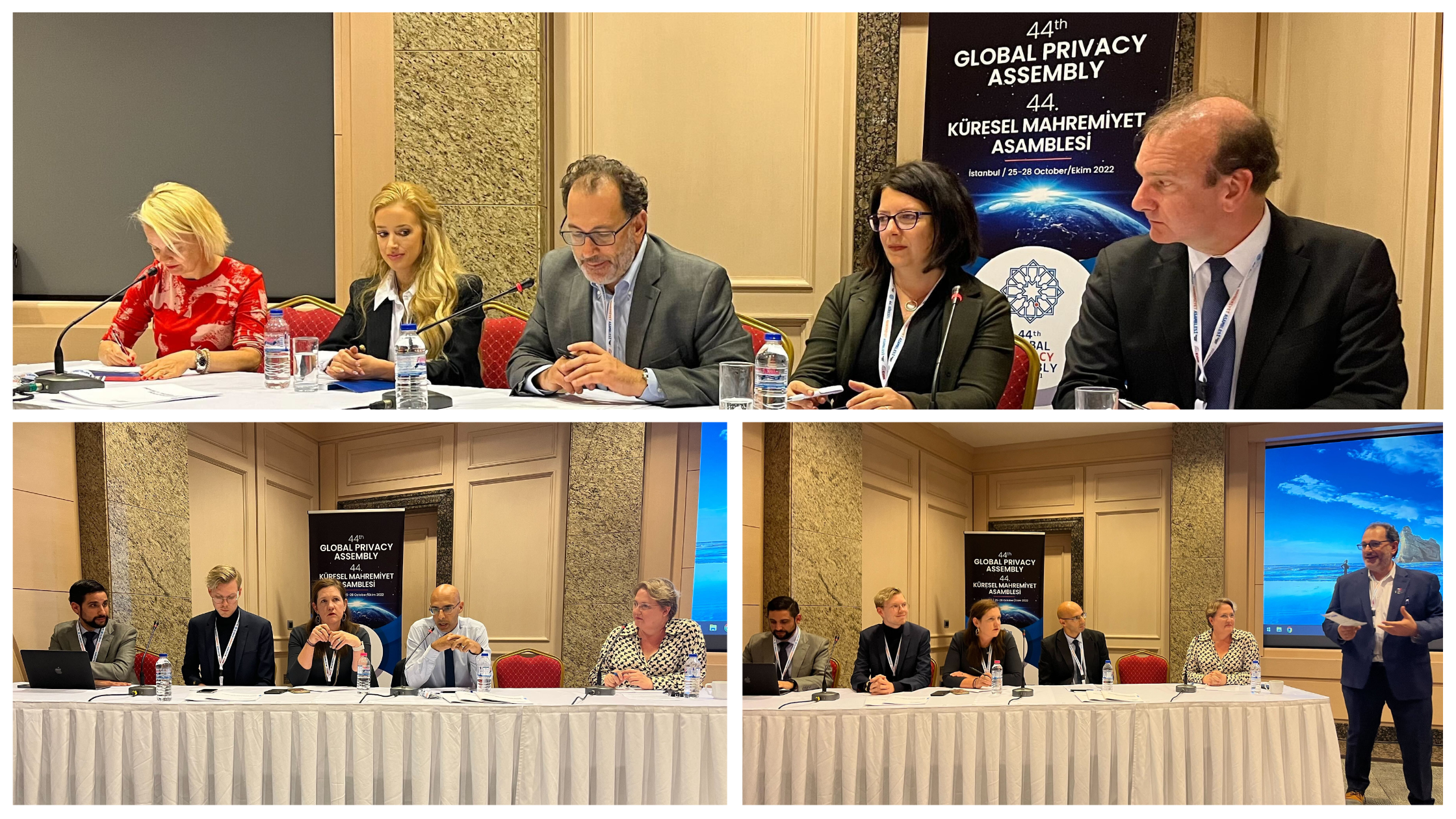
Record Set: Assessing Points of Emphasis from Public Input on the FTC’s Privacy Rulemaking
More than 1,200 law firms, advocacy organizations, trade associations, companies, researchers, and others responded to the Federal Trade Commission’s Advance Notice of Proposed Rulemaking (ANPR) on “Commercial Surveillance and Data Security.” Significantly, the ANPR initiates a process that may result in comprehensive regulation of data privacy and security in the United States, and also marks […]

FPF at IAPP’s Europe Data Protection Congress 2022: Global State of Play, Automated Decision-Making, and US Privacy Developments
Authored by Christina Michelakaki, FPF Intern for Global Policy On November 16 and 17, 2022, the IAPP hosted the Europe Data Protection Congress 2022 – Europe’s largest annual gathering of data protection experts. During the Congress, members of the Future of Privacy Forum (FPF) team moderated and spoke at three different panels. Additionally, on November […]

Five Big Questions (and Zero Predictions) for the U.S. State Privacy Landscape in 2023
Entering 2023, the United States remains one of the only global economic powers that lacks a comprehensive, national framework governing the collection and use of consumer data throughout the economy. Congress made unprecedented progress toward enacting baseline privacy legislation in 2022. However, the apparent impasse in the efforts to move H.R. 8152, the American Data […]

Protected: 14th Annual Advisory Board Meeting 2023
There is no excerpt because this is a protected post.

FPF Releases Comparative Analysis of California and U.K. Age-Appropriate Design Codes
The Future of Privacy Forum (FPF) today released a new policy brief comparing the California Age-Appropriate Design Code Act (AADC), a first-of-its-kind privacy-by-design law in the United States, and the United Kingdom’s Age-Appropriate Design Code. While there are distinctions between the two codes, the California AADC, which is set to become enforceable on July 1, […]

New Report Promotes Accountability-Based Approach to Data Protection in the APAC Region
In recent years, there has been an uptick in new (comprehensive) data protection laws in the Asia Pacific (APAC). This trend introduces challenges for cross-border compliance, particularly for the industry, legal practitioners, and the community of data protection regulators. As a result of the difficulties, these stakeholders acknowledge that there is a need for greater […]

The GDPR and the AI Act Interplay: Highlights from FPF and Ada Lovelace Institute’s Joint Event
Authored by Christina Michelakaki, FPF Intern for Global Policy On November 9, 2022, FPF, along with the Ada Lovelace Institute (Ada), organized a closed roundtable in Brussels where experts met to discuss the lessons that can be drawn from General Data Protection Regulation (GDPR) enforcement precedents when deciding on the scope and obligations of the […]

Understanding Extended Reality Technology & Data Flows: Privacy and Data Protection Risks and Mitigation Strategies
This post is the second in a two-part series. Click here for FPF’s XR infographic. The first post in this series focuses on the key functions that XR devices may feature, and analyzes the kinds of sensors, data types, data processing, and transfers to other parties that power these functions. I. Introduction Today’s virtual (VR), […]

Event Report: FPF Side Event and Workshop on Privacy Enhancing Technologies (PETs) at the 2022 Global Privacy Assembly (GPA)
The 2022 Global Privacy Assembly (GPA) – which brings together most global data protection authorities (DPAs) every year since 1979, to share knowledge and establish common priorities among regulators – took place between October 25 and 28, in Istanbul (Türkiye). The Future of Privacy Forum (FPF) was invited by the organizers of the GPA (the […]

GDPR and the AI Act interplay: Lessons from FPF’s ADM Case-Law Report
In May 2022, the Future of Privacy Forum (FPF) launched a comprehensive Report analyzing case-law under the General Data Protection Regulation (GDPR) applied to real-life cases involving Automated Decision-Making (ADM). Our research highlighted that the GDPR’s protections for individuals against forms of ADM and profiling go significantly beyond Article 22 – which provides for the […]
